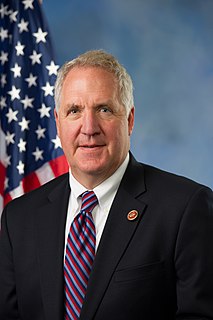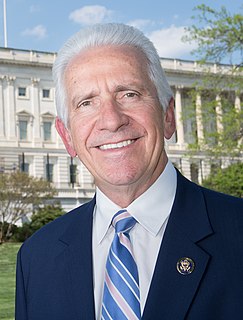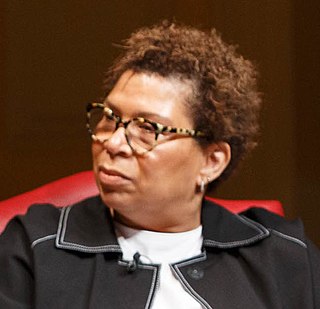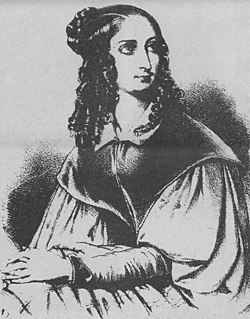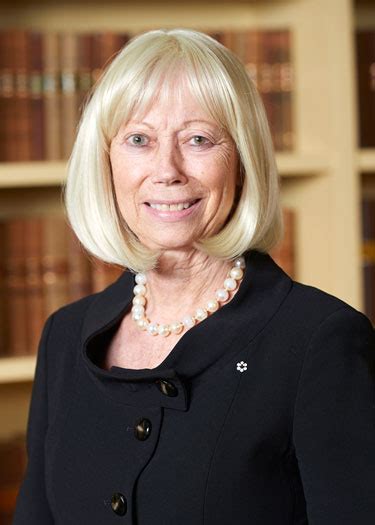A Quote by John Shimkus
Rosa Parks was a woman of strength, conviction, and morality. Her action on December 1, 1955, to defy the law made her a leading figure in our nation's civil rights history.
Related Quotes
Most Americans who made it past the fourth grade have a pretty good idea who Thurgood Marshall, Rosa Parks, and Martin Luther King, Jr., were. Not many Americans have even heard of Alice Paul, Howard W. Smith, and Martha Griffiths. But they played almost as big a role in the history of women’s rights as Marshall and King played in the history of civil rights for African-Americans. They gave women the handle to the door to economic opportunity, and nearly all the gains women have made in that sphere since the nineteen-sixties were made because of what they did.
Virtue and vice suppose the freedom to choose between good and evil; but what can be the morals of a woman who is not even in possession of herself, who has nothing of her own, and who all her life has been trained to extricate herself from the arbitrary by ruse, from constraint by using her charms?... As long as she is subject to man's yoke or to prejudice, as long as she receives no professional education, as long as she is deprived of her civil rights, there can be no moral law for her!
The point I wish plainly to bring before you on this occasion is the individuality of each human soul--our Protestant idea, the right of individual conscience and judgment--our republican idea, individual citizenship. In discussing the rights of woman, we are to consider, first, what belongs to her as an individual, in a world of her own, the arbiter of her own destiny, an imaginary Robinson Crusoe with her woman Friday on a solitary island. Her rights under such circumstances are to use all her faculties for her own safety and happiness.
The Nova Scotian black community always remembered Viola Desmond - they didn't lose track of her, ever. Her memory was very much alive there, but the rest of us didn't know anything about her. It's just so typical of Canadians that we know Rosa Parks, in that "bad country to the south of us" - they needed this lovely, courageous woman to sit down in the front of the bus - but we wouldn't know ours, because of course we "don't have racism in Canada."
